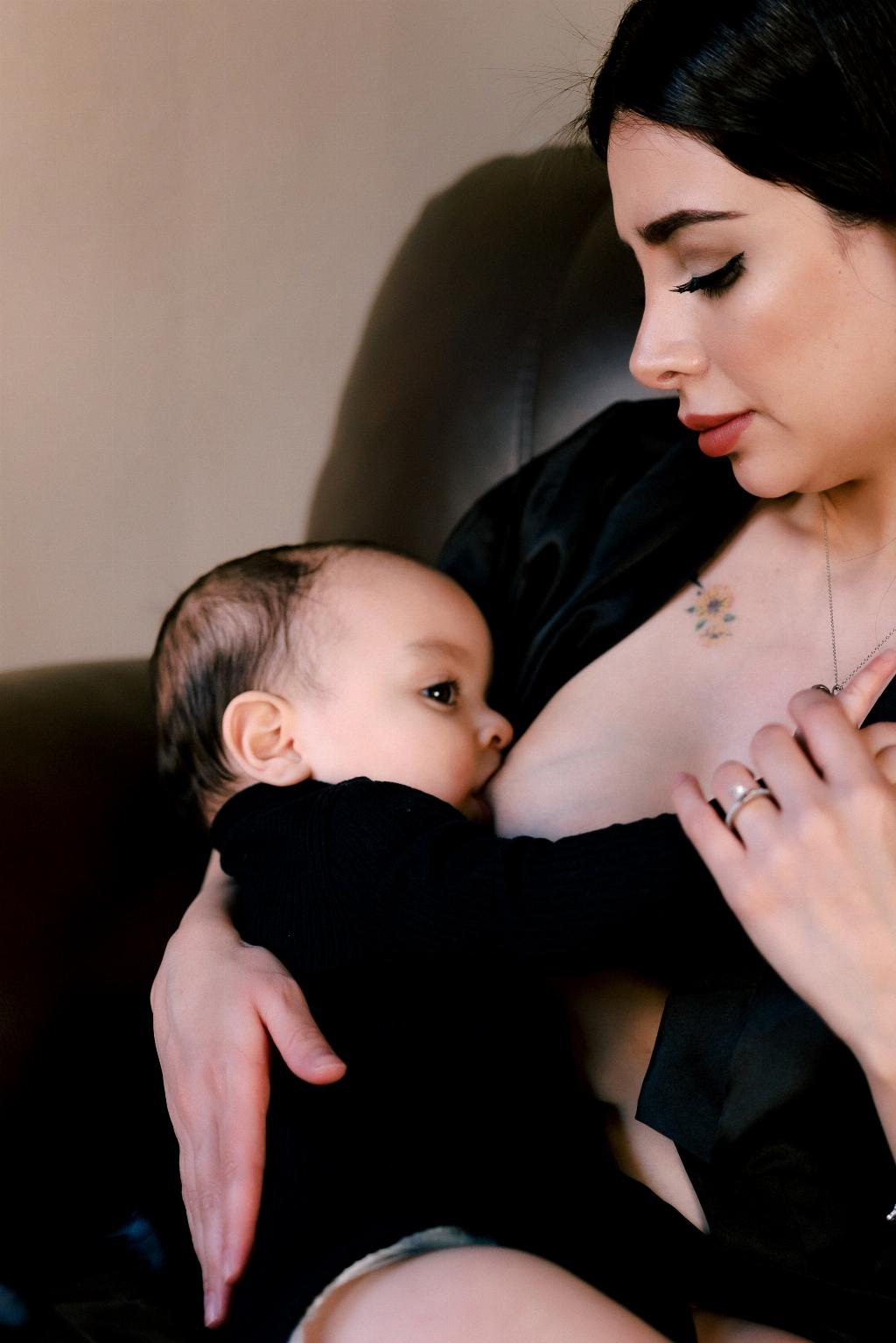When it comes to the question of whether drinking water can help increase breast milk supply, the answer is a resounding yes. Adequate hydration plays a crucial role in the production of breast milk. The amount of liquid you consume directly impacts the quantity of breast milk your body can produce. It’s essential for nursing mothers to prioritize staying well-hydrated to support their breastfeeding journey.
Hydration and Breast Milk Production
Research has shown that dehydration can lead to a decrease in breast milk supply. When your body is not adequately hydrated, it can affect the volume of milk you are able to produce for your baby. To ensure optimal breast milk production, it’s important to drink enough water throughout the day. Carrying a water bottle in your diaper bag can serve as a helpful reminder to stay hydrated.
The Importance of Consistent Hydration
Maintaining a consistent level of hydration is key for sustaining your breast milk supply. Your body requires a steady intake of fluids to support the production of milk. By making a conscious effort to drink water regularly, you are helping to ensure that your body has the resources it needs to continue producing an ample supply of breast milk.
Signs of Dehydration and its Impact on Breastfeeding
Dehydration can manifest through symptoms such as dark urine, dry mouth, fatigue, and dizziness. These signs can also have a direct impact on your breastfeeding experience. When your body is dehydrated, it may struggle to produce an adequate amount of breast milk, leading to potential challenges in feedings.
Hydration Tips for Nursing Mothers
As a breastfeeding mother, it’s essential to prioritize your hydration. Along with carrying a water bottle with you, try to drink water before and after each feeding session. Maintaining a variety of fluids in your diet, such as water, herbal teas, and fresh juices, can also contribute to your overall hydration levels.
Monitoring Your Water Intake
One effective way to ensure you are staying properly hydrated is to monitor your water intake throughout the day. Keeping track of how much water you drink can help you gauge whether you are meeting your hydration goals. Aim to consume an adequate amount of fluids to support optimal breast milk production.
Hydration Myths and Misconceptions
There are common misconceptions surrounding hydration and breastfeeding, including the idea that consuming excessive amounts of water can significantly boost milk supply. While staying hydrated is crucial, excessive water intake beyond normal levels is unlikely to dramatically increase breast milk production.
Consulting with a Healthcare Provider
If you have concerns about your breast milk supply or hydration levels, don’t hesitate to consult with a healthcare provider or a lactation consultant. They can offer personalized guidance to help you optimize your hydration practices and address any challenges you may be experiencing with breastfeeding.
Self-Care and Hydration
Remember that prioritizing your hydration is a form of self-care that benefits both you and your baby. By maintaining adequate hydration levels, you are supporting your overall well-being and helping to ensure a positive breastfeeding experience. Make hydration a priority in your daily routine to nurture yourself and your little one.
Conclusion
In conclusion, drinking water does indeed play a vital role in supporting breast milk supply. Hydration is a key factor in maintaining optimal milk production, and staying well-hydrated is essential for nursing mothers. By paying attention to your hydration levels, monitoring your water intake, and seeking guidance when needed, you can support a healthy breastfeeding journey for both you and your baby.

